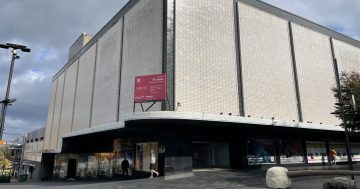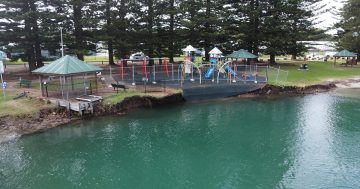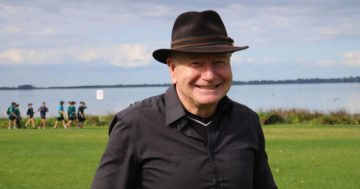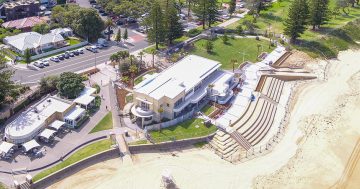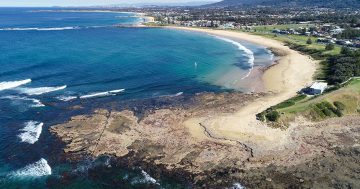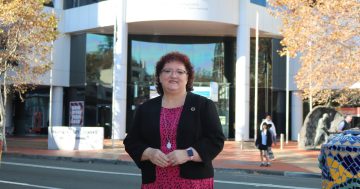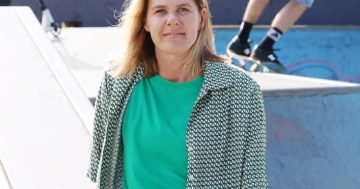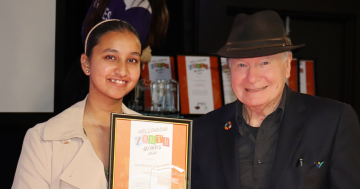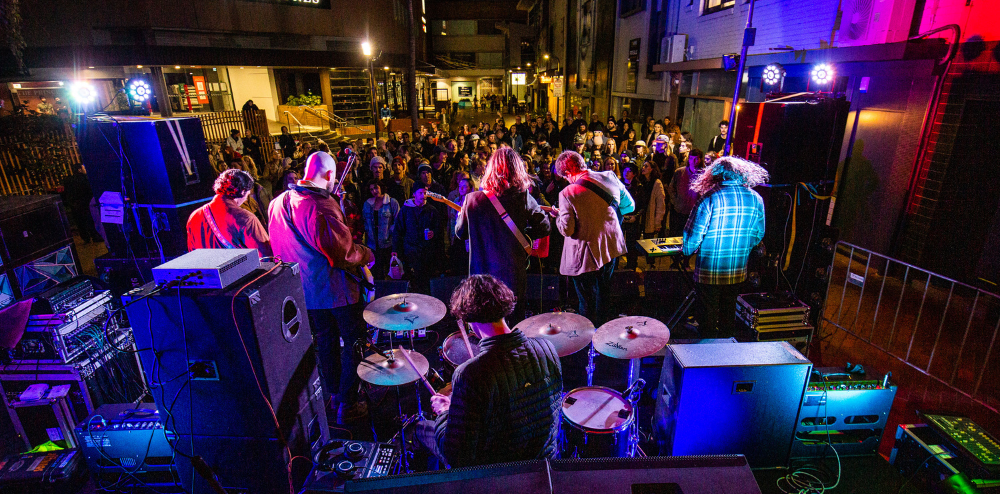
Globe Lane has become one of the brightest new attractions in Wollongong’s CBD. Photos: Wollongong City Council.
The steady increase in the number of people working and living in Wollongong’s CBD is driving demand for a lively and diverse city after business hours.
The number of people who now call the CBD home increased by almost a quarter in the 10 years to 2021 and the latest census revealed more than 24,000 people work there.
Two years ago Wollongong City Council introduced a new CBD Night Time Economic Policy which aimed to support the evolution of the city’s diverse night-time economy by encouraging low-impact businesses to extend their operating hours.
Since then, and despite the impacts of COVID-19 restrictions, it has helped more than 35 new and expanding businesses, including gyms, theatres and restaurants, and approved 13 venues to extend operating hours until 2 am.
At council’s meeting on Monday, councillors were briefed on the success of the policy and endorsed minor updates.
Councillor David Brown, whose Ward 2 covers the CBD, said night-time activity was a critical element of modern, thriving cities.
“It’s great to see the CBD continue to grow as a home for restaurants, small bars and entertainment,” he said.
“The feeling I’m getting from business owners in the CBD is that we are mostly recovered from the post-COVID doldrums and I expect we will see new players join the 183 city centre cafes, restaurants and bars.
“One pleasing aspect of the information presented to council was the 5.6 per cent decline in alcohol-related incidents, every year for the past decade. An active CBD at night is also a safe one.”
Owner of Humber and Heyday bars in Wollongong Adam Murphy agreed the policy had helped businesses expand and transform to attract people back to the CBD following COVID-19.
“The focus of this policy is to get people back to the CBD, that it’s a safe place and there are things to do after hours that you won’t find in nearby areas,” he said.
“Council has been more responsive and a big help lately in terms of CBD activation and the policy side of things, like acting quickly on requests for outdoor dining areas and laneways.
“Staff from different departments have worked together to provide a lot of help and guidance as we work towards a common goal.”
Lord Mayor Councillor Gordon Bradbery said the CBD was no longer primarily a retail space but a major employment and services hub.
“We need to manage activation after hours to ensure that this space meets the needs of the community,” he said.
“We’ve seen an incredible amount of investment in the Wollongong CBD, including $1.9 billion of projects completed or under construction over the last decade.
“Looking to the future, there is a pipeline of $1 billion in mixed-use, residential and commercial projects planned for the city.
“The Wollongong CBD Night Time Economy Policy is just one part of the puzzle that’s working to help develop the CBD’s offer of growing cafes, restaurants and small bars.”
A recent audit of the CBD shows there are more than 180 cafes/small bars/restaurants in the CBD.
“We hear all the time how much the CBD has changed in recent years – whether that be through construction projects or new businesses opening in a changing retail and restaurant scene,’’ Cr Bradbery said.
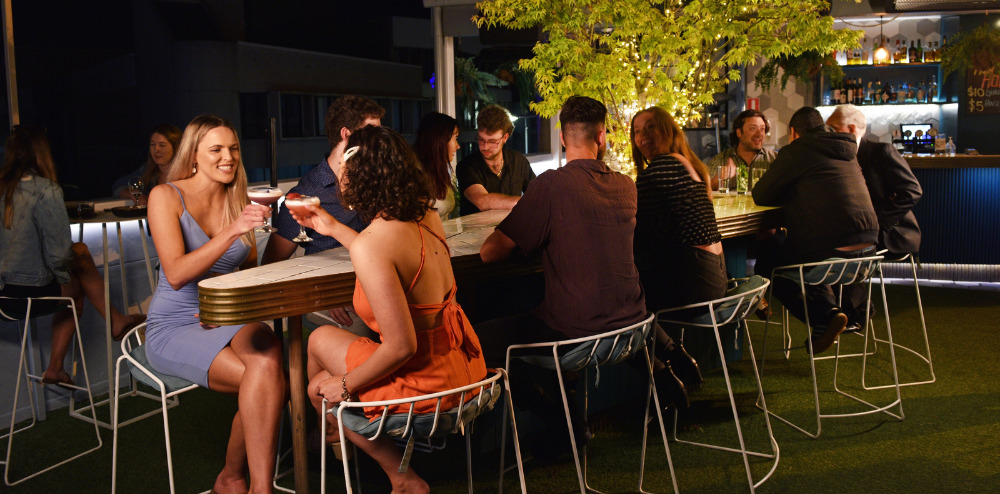
Small bars and restaurants, such as Humber, are growing in the CBD to cater for city residents and workers.
The report to council said Wollongong crime prevention and licensing police agreed the policy had been functioning well, and the venues it supported “largely did not raise concerns”.
Since the policy was introduced there have been about 30 noise complaints relating to businesses trading into the night, but council said the majority of those related to larger and existing venues and only three related to smaller venues under the remit of the policy.
Wollongong City Council General Manager Greg Doyle said feedback from key stakeholders had been positive.
“Council proposed minor technical amendments to the policy like adding accommodations for special events and clarifying the rules around small businesses that support shift workers and emergency services,” Mr Doyle said.
“As the proposed amendments were largely technical in nature, we spoke directly with key stakeholders such as NSW Police and officers from Liquor and Gaming NSW.
“Their feedback has been supportive of the proposed changes, and all agree that the policy has been functioning well and seeing positive results.”
A copy of the new policy will soon be available on council’s website.









